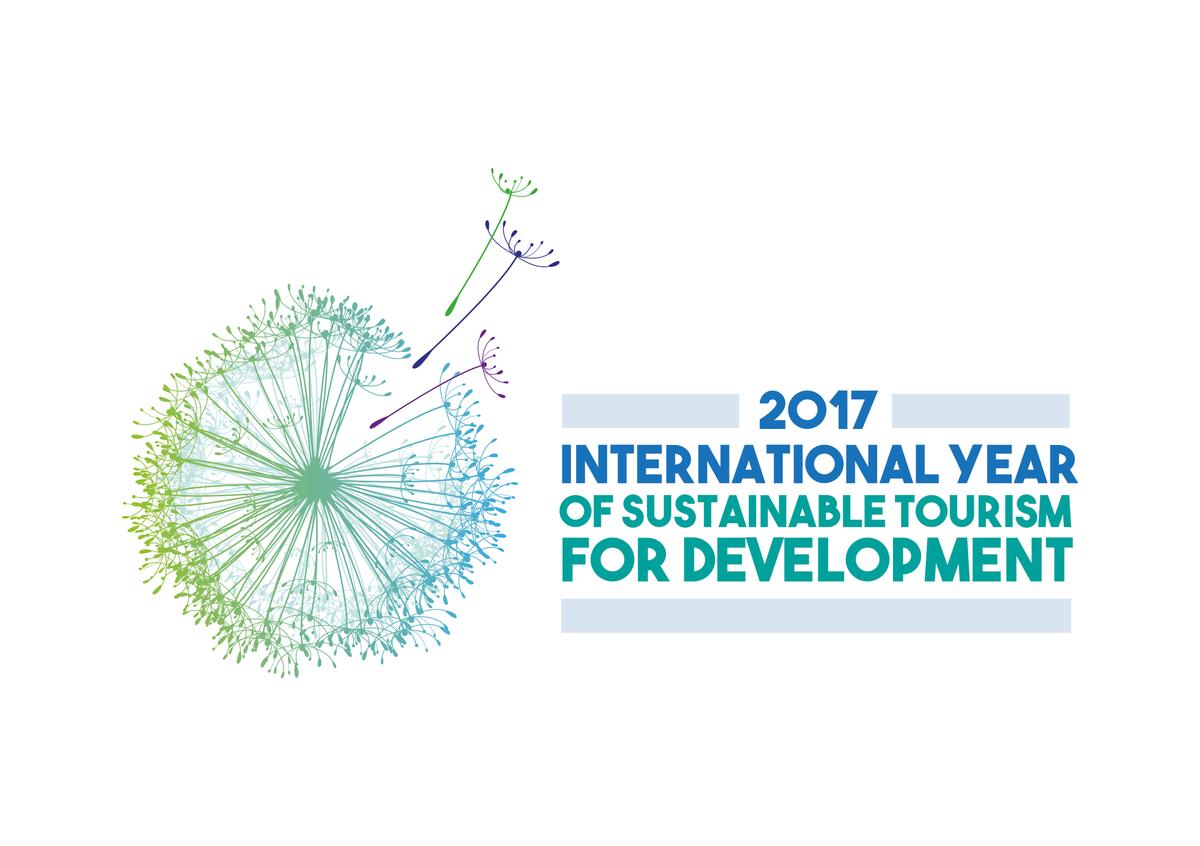The World Tourism Organization (UNWTO) set its sights on shaping the future of tourism investment at the recent AIM Summit. Held under the theme "Rethinking Tourism Investment for a More Resilient Future, " the summit brought together government officials, industry leaders, and investors to navigate the evolving landscape of tourism.
Secretary-General Zurab Pololikashvili of the UNWTO emphasized the importance of aligning investments with sustainable practices. "Tourism is a powerful driver for development, " he said, "but it's crucial to ensure it grows responsibly. " The summit served as a platform to discuss strategies that promote environmental and social responsibility within the tourism industry.
A key focus area was the rise of ecotourism and its potential to attract investments. Ecotourism encompasses travel experiences that prioritize conservation efforts and connect tourists with local cultures. Panelists highlighted the growing demand for ecotourism experiences, particularly among younger generations. This trend presents an opportunity for investors to support ventures that minimize environmental impact and empower local communities.
The summit also explored the role of technology in shaping sustainable tourism investments. Discussions revolved around the potential of big data and artificial intelligence to optimize resource management and destination planning. For instance, big data can be used to analyze tourist behavior and identify areas where infrastructure development is most needed, ensuring investments are targeted and efficient.
Financing mechanisms for sustainable tourism projects were also addressed. The participation of development banks and impact investors signaled a growing commitment towards responsible tourism investments. These institutions are increasingly recognizing the long-term benefits of supporting projects that promote environmental and social well-being alongside economic growth.
The UNWTO emphasized the need for collaboration between public and private sectors to achieve sustainable tourism development. Governments can create policy frameworks that incentivize responsible investments, while the private sector can leverage its resources to implement sustainable practices. The summit fostered dialogue between these stakeholders, aiming to bridge the gap between policy and action.
The discussions at the AIM Summit underscored the paradigm shift within the tourism industry. Responsible investment is no longer a niche concept; it is becoming a central tenet for future growth. The UNWTO's leadership in shaping this conversation ensures that tourism flourishes as a force for positive global change.

